Catastrophic construction: Storms can build reef islands in atoll regions
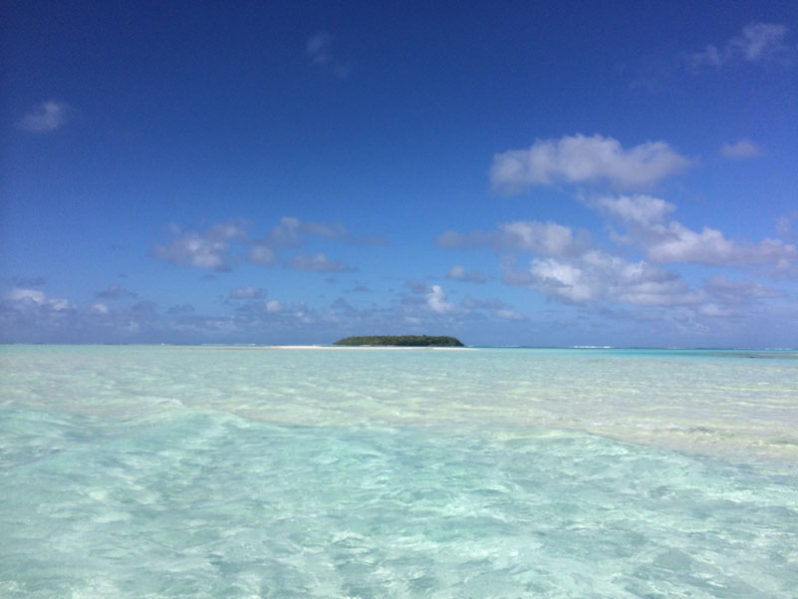
Many coral reef islands, or atolls, are created by water moving sand and gravel, piling it up into consecutive ridged layers. However, new research has uncovered a different type of island construction: storm-deposited boulders.
Is the Great Barrier Reef recovering from coral bleaching?
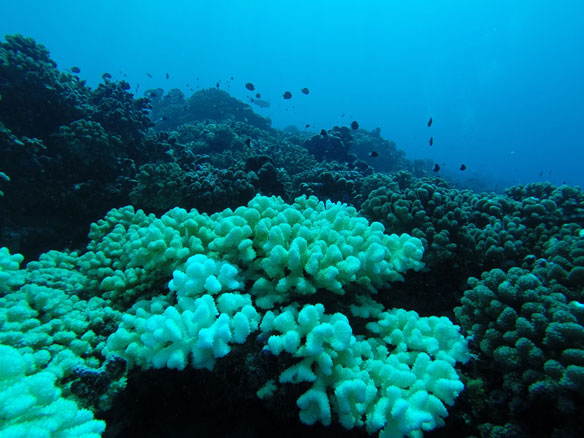
Is the Great Barrier Reef recovering from coral bleaching? A CBS Video featuring Dr Mark Aerin, Coordinator NOAA Coral Reef Watch.
Scientists in Fiji examine how forest conservation helps coral reefs
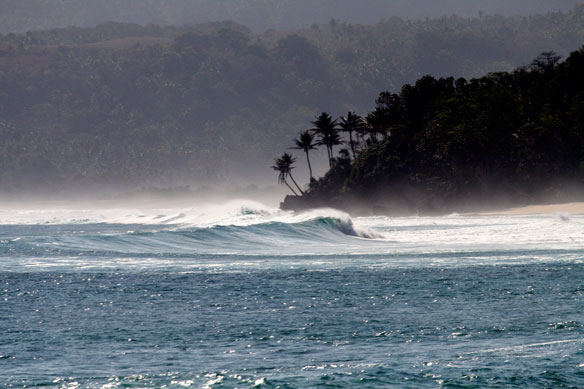
Researchers from the University of Hawai’i at Mānoa (UH Mānoa), WCS (Wildlife Conservation Society), and other groups are discovering how forest conservation in Fiji can minimize the impact of human activities on coral reefs and their fish populations.
Scientists discover hidden deep-sea coral reef off South Carolina Coast
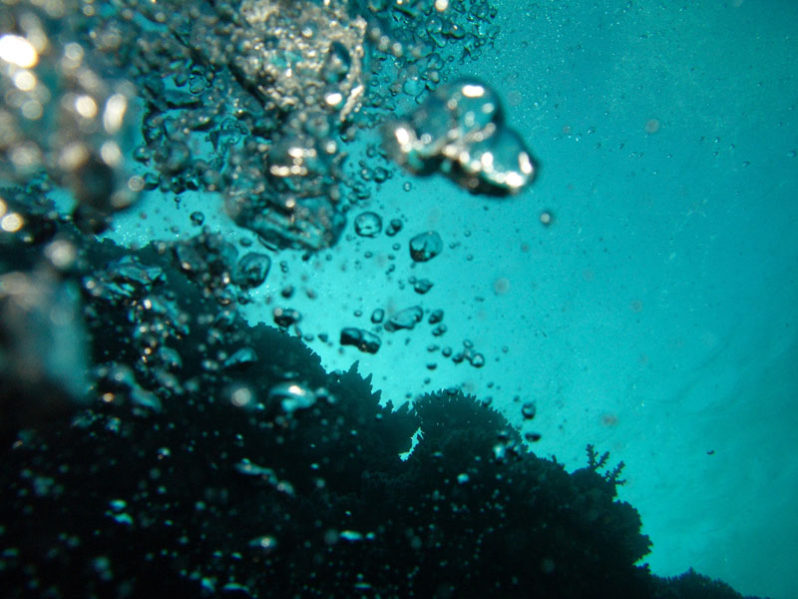
In South Carolina, 160 miles off Charleston’s coast a giant deep-sea coral reef system has been hiding for thousands of years. The chief scientist who helped make the discovery called it unbelievable.
Muddy waters: Exploring mangrove governance in Tanzania
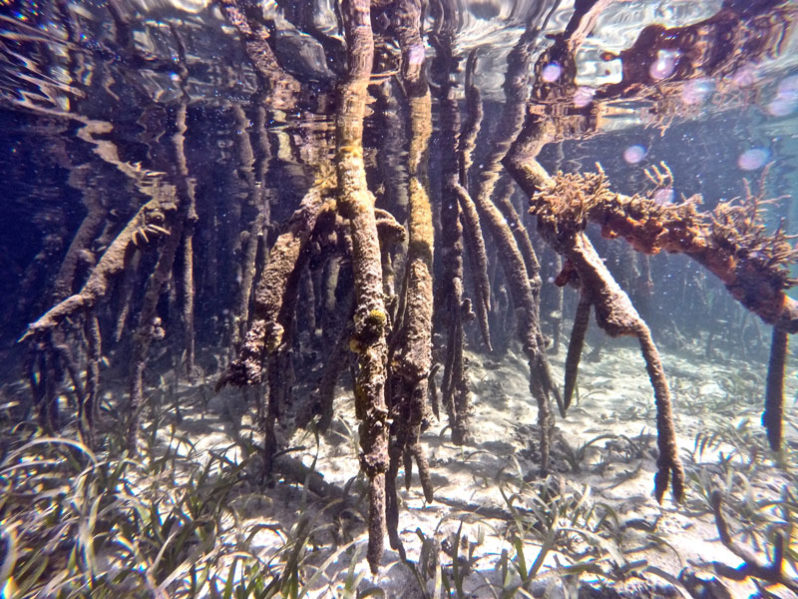
At the Global Landscapes Forum (GLF) in Nairobi later this month, a side event devoted specifically to mangrove preservation and restoration around the African continent’s coastlines will attract a range of stakeholders offering an opportunity to review lessons learned from research undertaken in the Rufiji Delta and mangrove ecosystems across the globe.
Children living on Indonesia’s coast get free goggles to enjoy – and save – precious reef

Indonesia’s maritime affairs minister has come up with an unconventional way to help preserve precious reefs from marine pollution: distribute boatloads of free goggles to children in the archipelago’s remote coastal regions. She wants to give next generation ‘the eyes’ to appreciate the marine world.
Mapping blue carbon in mangroves worldwide
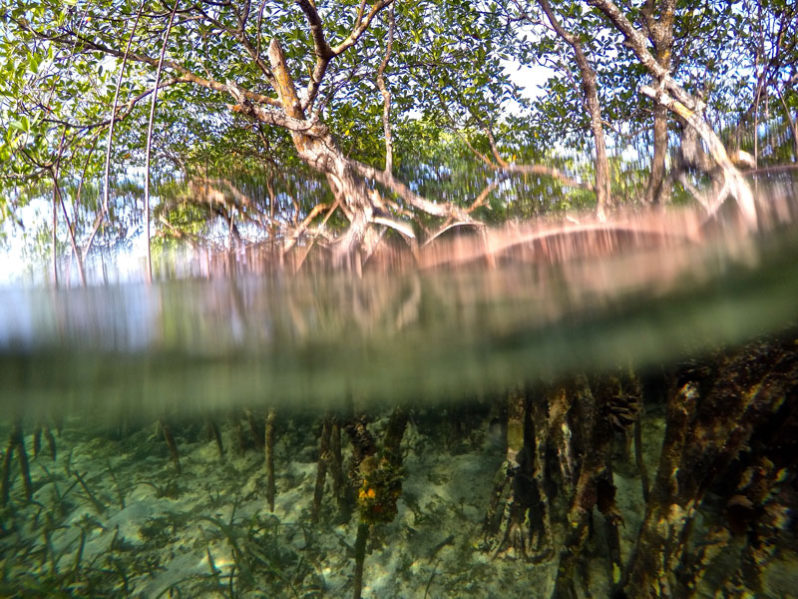
Mangroves store greater amounts of carbon than any other terrestrial ecosystem, which helps reduce carbon dioxide and greenhouse gases in the atmosphere. When carbon is stored in the ocean or coastal ecosystems, it is called blue carbon. However, a more precise estimate of how much blue carbon is stored by mangroves has not been available until recently.
Why mangroves matter: Experts respond on International Mangrove Day
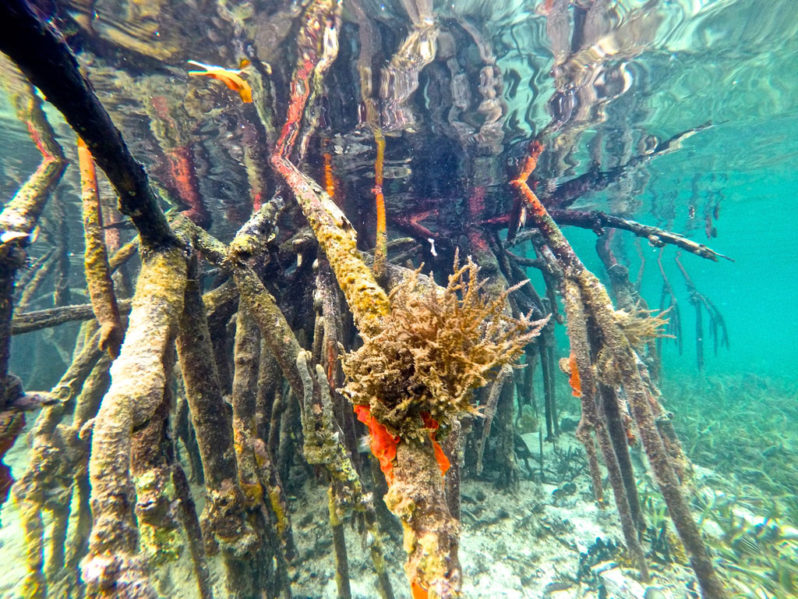
Given all that mangroves do, it is unsurprising that the forests have a special day dedicated to them: July 26, International Mangrove Day. However, mangroves have declined rapidly around the world. What does the disappearance of this special forest ecosystem mean for our planet? This is what some mangrove experts have to say.
Deep-diving scientists say shallow reefs can’t rely on twilight zone systems for recovery
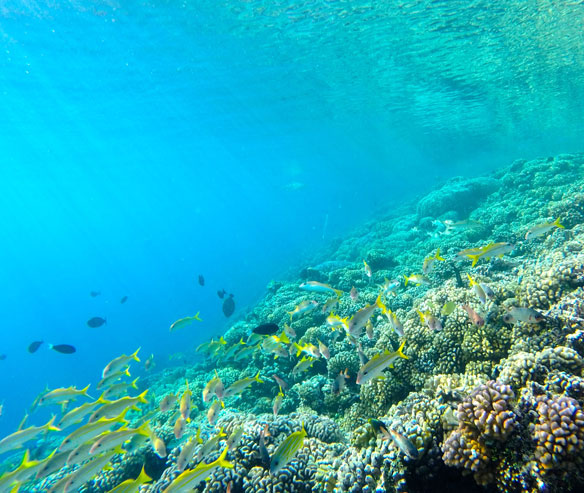
A team of highly trained scientific divers explored Pacific and western Atlantic reefs to test a widely held hypothesis that climate-stressed life from shallow reefs can take refuge at mesophotic depths.The results are clear: deep and shallow reefs are different systems with their own species, and deep reefs are just as threatened by climate impacts, storms, and pollution.
